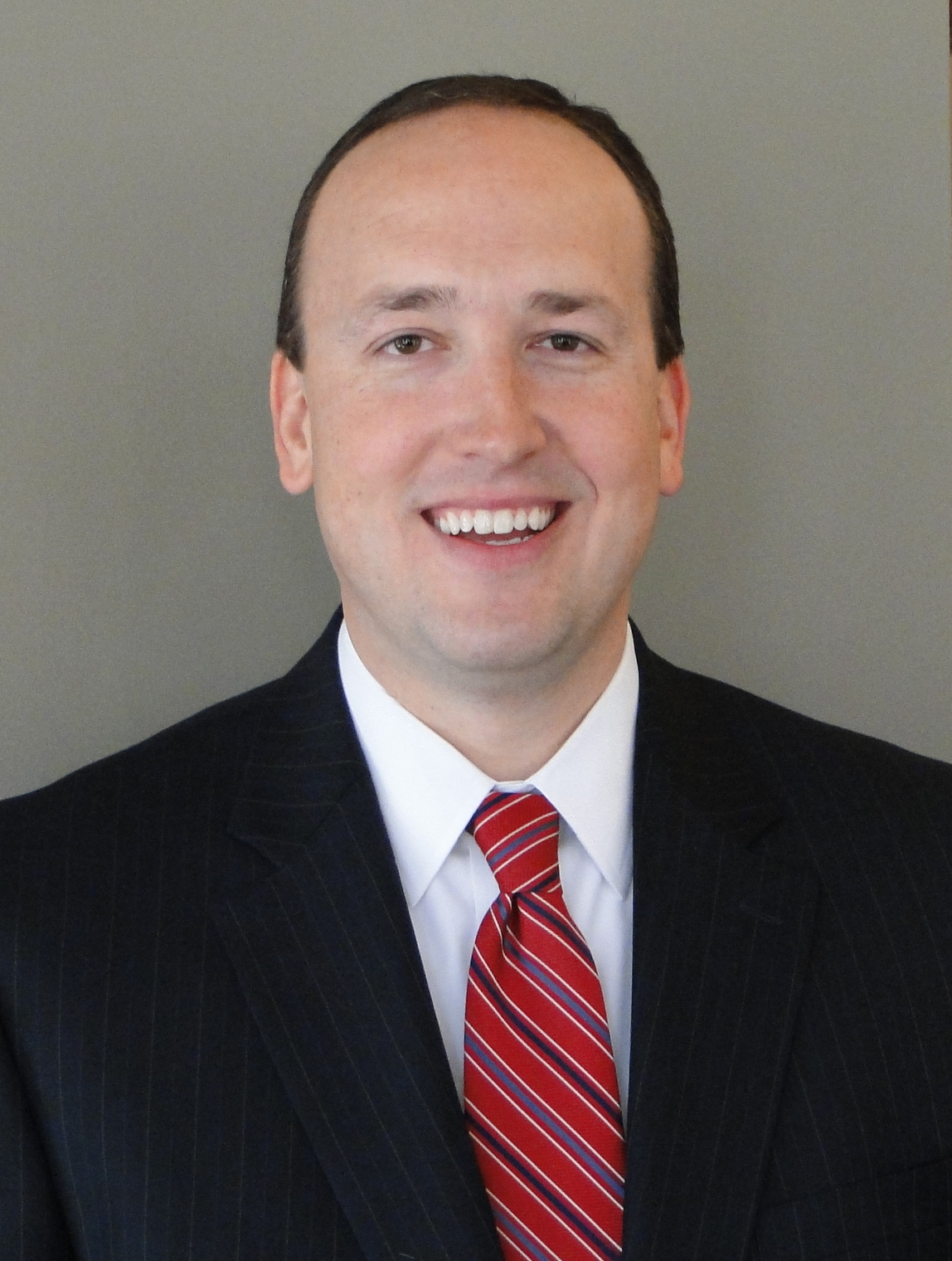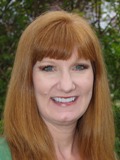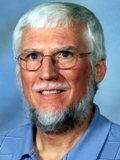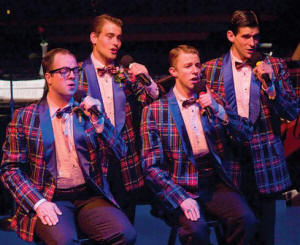|
Dr. Charles L.
Welch appointed new ASU system president
On Tuesday, Nov. 9, the
Board of Trustees of Arkansas State University voted unanimously to
appoint Dr. Charles L. (Chuck) Welch of Arkadelphia to serve
as the next president of the Arkansas State University System.
Welch, who grew up in Jonesboro, is currently serving as president of Henderson State
University. Details about his contract and starting date will be
worked out with Dr. Welch by Mrs. Florine Tousant Milligan of
Forrest City, board chair. The board interviewed Dr. Welch in
executive session Tuesday morning, then deliberated until about
12:40 p.m. After a break for lunch, the trustees went back into
executive session for further discussion before reconvening in
public. On a motion by Trustee Mike Gibson of Osceola, and seconded
by Dan Pierce of Jonesboro, the board voted to appoint Welch as the
ASU System’s second president, with the contract details to be
worked out. Following the vote, Dr. Welch addressed the board and
the audience.
Prior to his appointment at Henderson, Dr. Welch
served as chancellor of the University of Arkansas Community College
at Hope, and before that he was vice chancellor for academic affairs
at ASU-Beebe. He earned his doctoral degree in higher education
administration from the University of Arkansas at Little Rock, his
master’s degree in political management from George Washington
University in Washington, D.C., and his bachelor’s degree in
political science from the University of Arkansas at Fayetteville.
For details, see the
ASU Presidential Search news release of Nov. 9.
Jonesboro, is currently serving as president of Henderson State
University. Details about his contract and starting date will be
worked out with Dr. Welch by Mrs. Florine Tousant Milligan of
Forrest City, board chair. The board interviewed Dr. Welch in
executive session Tuesday morning, then deliberated until about
12:40 p.m. After a break for lunch, the trustees went back into
executive session for further discussion before reconvening in
public. On a motion by Trustee Mike Gibson of Osceola, and seconded
by Dan Pierce of Jonesboro, the board voted to appoint Welch as the
ASU System’s second president, with the contract details to be
worked out. Following the vote, Dr. Welch addressed the board and
the audience.
Prior to his appointment at Henderson, Dr. Welch
served as chancellor of the University of Arkansas Community College
at Hope, and before that he was vice chancellor for academic affairs
at ASU-Beebe. He earned his doctoral degree in higher education
administration from the University of Arkansas at Little Rock, his
master’s degree in political management from George Washington
University in Washington, D.C., and his bachelor’s degree in
political science from the University of Arkansas at Fayetteville.
For details, see the
ASU Presidential Search news release of Nov. 9.
Dr. Sifford
receives national foundation award for study
Dr. Susan Sifford,
Nursing, received a $2,830 award from the American Nurses Foundation
for her study: “Victims’ Perceptions of Triggers of
Resident-to-Resident Violence in Nursing Homes.” The award includes
the distinction of Sifford being named the 2010 Hildegard E. Peplau,
EdD, RN, FAAN/ANF Scholar.
Dr.
Hildegard Peplau, for whom the award was named, was known as the
mother of psychiatric nursing. Peplau left an indelible stamp on the
profession of nursing and on the lives of the mentally ill in the
U.S. Sifford's paper examined
resident-to-resident violence (RRV), a common and growing problem
that threatens the safety and quality of life of elders residing in
nursing homes. Resident-to-resident violence, which is not confined
strictly to individuals with dementia, is particularly problematic
because it has the potential to result in serious consequences for
residents, their caregivers, and their loved ones. Consequences of
RRV include physical harm, emotional harm, the use of interventions
that are known to be detrimental to residents, such as physical and
chemical restraints, and transfer to inpatient geropsychiatric
units. There are few studies, to date, that have focused on RRV
despite emerging evidence that indicates that it is a common and
constant problem in the nation's nursing homes. Sifford's proposed
research builds upon the findings of a
dissertation
study that explored caregiver perceptions of RRV. Violence in Nursing Homes.” The award includes
the distinction of Sifford being named the 2010 Hildegard E. Peplau,
EdD, RN, FAAN/ANF Scholar.
Dr.
Hildegard Peplau, for whom the award was named, was known as the
mother of psychiatric nursing. Peplau left an indelible stamp on the
profession of nursing and on the lives of the mentally ill in the
U.S. Sifford's paper examined
resident-to-resident violence (RRV), a common and growing problem
that threatens the safety and quality of life of elders residing in
nursing homes. Resident-to-resident violence, which is not confined
strictly to individuals with dementia, is particularly problematic
because it has the potential to result in serious consequences for
residents, their caregivers, and their loved ones. Consequences of
RRV include physical harm, emotional harm, the use of interventions
that are known to be detrimental to residents, such as physical and
chemical restraints, and transfer to inpatient geropsychiatric
units. There are few studies, to date, that have focused on RRV
despite emerging evidence that indicates that it is a common and
constant problem in the nation's nursing homes. Sifford's proposed
research builds upon the findings of a
dissertation
study that explored caregiver perceptions of RRV.
Dr. Trauth presents talk at Ozarks Studies Symposium
Dr. Stan Trauth, Zoology, presented a talk
entitled, “Winter/Spring Precipitation in Northern Arkansas and the
Risk of Decreasing Reptilian Biodiversity by Rapid Reservoir
Inundation: A Classic Story of the Eastern Collared Lizard, Crotaphytus c ollaris,”
at the fourth annual Ozarks Studies Symposium held in September at Missouri State University-West Plains. The
presentation focused on the potential harm caused by an
overabundance of winter/spring precipitation in the Arkansas Ozarks,
which can drastically alter reservoir hydrology of the impoundments
of the White River System and lead to extirpation of some reptilian
populations. For example, in years of catastrophic flood conditions
(as in 2008) the rapid inundation of suitable shoreline habitats
preceded the exiting of collared lizards from their hibernation
burrows; thus, these populations of lizards (i.e., those that
occurred along Norfork and Bull Shoals lakes) were effectively
submerged and extirpated, resulting in a complete population crash
of this species within shoreline environments. ollaris,”
at the fourth annual Ozarks Studies Symposium held in September at Missouri State University-West Plains. The
presentation focused on the potential harm caused by an
overabundance of winter/spring precipitation in the Arkansas Ozarks,
which can drastically alter reservoir hydrology of the impoundments
of the White River System and lead to extirpation of some reptilian
populations. For example, in years of catastrophic flood conditions
(as in 2008) the rapid inundation of suitable shoreline habitats
preceded the exiting of collared lizards from their hibernation
burrows; thus, these populations of lizards (i.e., those that
occurred along Norfork and Bull Shoals lakes) were effectively
submerged and extirpated, resulting in a complete population crash
of this species within shoreline environments.
Dr. Turnage, Dr. Jacinto
present papers at conference
Dr. Barbara F. Turnage, chair, Social Work, and Dr. George
A. Jacinto, director, Master of Social Work program,
presented a paper, "Rural-Based Clinical Practice," at the 35th
Annual National Institute on Social Work and Human Services in Rural
Areas, Presque Isle, Maine. Rural-based clinical practice is a
practice approach that Dr. Turnage and Dr. Jacinto have developed in
the construction of the Master of Social Work (MSW) program at
ASU. Rural-based clinical social work practice is a holistic
approach in the provision of services to people living in the
Mississippi Delta region. Dr. Turnage also presented a paper,
"Social Work Ethics," which chronicled the use of student writing to
enhance ethical reasoning during a course she taught at ASU last
year. Dr. Jacinto presented a paper, "Online Task Groups:
Implications for Rural-Based Social Work Education and Practice,"
which focused on the positive aspects of online group work both in
the classroom and in agency settings where there are a number of
offices over a large territory. The three papers presented at the
conference have been submitted to the peer-reviewed Journal of
Contemporary Rural Social Work.
Fowler Center
Series presents 'Forever Plaid' Nov. 14
The 2020-11 Fowler
Center Series will feature its second performance, “Forever
Plaid,” on Sunday, Nov. 14, at 2 p.m. "Forever Plaid" is the
deliciously goofy and charming story of a classic 1950s all-male
singing group who return from the dead for a final stab at musical
glory. After a fatal collision with a bus full of Catholic teens en
route to see
 the
Beatles on the Ed Sullivan show, the Plaids are miraculously revived
to perform the concert that never was in this hilariously nostalgic
musical. They perform precision harmonies and execute delightfully
outlandish choreography. The Plaids perform some of the greatest
hits of the 1950s: “Catch a Falling Star,” “Three Coins in the
Fountain,” and “Love Is a Many Splendored Thing.” Ticket prices are
$30 and $20 for adults; $24 and $16 for ASU faculty and staff; $23
and $15 for senior adults and K-12 students; and $10 and $6 for ASU
students. Tickets for all Fowler Center Series events may be
purchased by calling (870) 972-2781 or (888) 278-3267, or
online. On performance
evenings, the box office in Fowler Center opens one hour prior to
the event. Visit
Fowler Center online for upcoming events or call ext. 3471. For
an overview of the Fowler Center Series 2010-11 season, see the
NewsPage release. For show details, see Fowler Center's
online press release for "Forever Plaid." the
Beatles on the Ed Sullivan show, the Plaids are miraculously revived
to perform the concert that never was in this hilariously nostalgic
musical. They perform precision harmonies and execute delightfully
outlandish choreography. The Plaids perform some of the greatest
hits of the 1950s: “Catch a Falling Star,” “Three Coins in the
Fountain,” and “Love Is a Many Splendored Thing.” Ticket prices are
$30 and $20 for adults; $24 and $16 for ASU faculty and staff; $23
and $15 for senior adults and K-12 students; and $10 and $6 for ASU
students. Tickets for all Fowler Center Series events may be
purchased by calling (870) 972-2781 or (888) 278-3267, or
online. On performance
evenings, the box office in Fowler Center opens one hour prior to
the event. Visit
Fowler Center online for upcoming events or call ext. 3471. For
an overview of the Fowler Center Series 2010-11 season, see the
NewsPage release. For show details, see Fowler Center's
online press release for "Forever Plaid."
ASU Trombone Choir
presents concert Nov. 15
The Department of Music presents the ASU Trombone Choir
on Monday, Nov. 15, at 7:30 p.m. in the Fine Arts Recital Hall. The concert is free of charge and open to the
public. The ASU Trombone Choir is under the direction of Dr. Neale Bartee. The ASU Trombone Choir was formed in 1973 and gave its first
formal concert in 1974. The ensemble has performed at two of
international trombone festivals and several state music conventions. There have also been numerous graduates from the choir who have been
accepted to prestigious graduate music schools and alumni who are
performing and teaching throughout the United States. The night’s performance will begin with “Ricercare del 12° tono” by
Andrea Gabrieli, arranged by Jay Friedman; “Three Equali for Four
Trombones” by Ludwig van Beethoven; “Inveni David” by Anton Bruckner,
arranged by Donald V. King; and “Piece for Six Trombones” by Burrill
Phillips. After a short intermission, the choir will proceed with “”Big
Band Bones” by James Christensen; “Here’s That Rainy Day: by Jimmy Van
Heusen, arranged by Lew Davies; “Jazz Brazil” by Dave Wheeler, to be
performed by Dad’s Bones; and “Bap Bap” by Mark Mullins.
For a list of personnel, see the
NewsPage release.
Back to the top |

